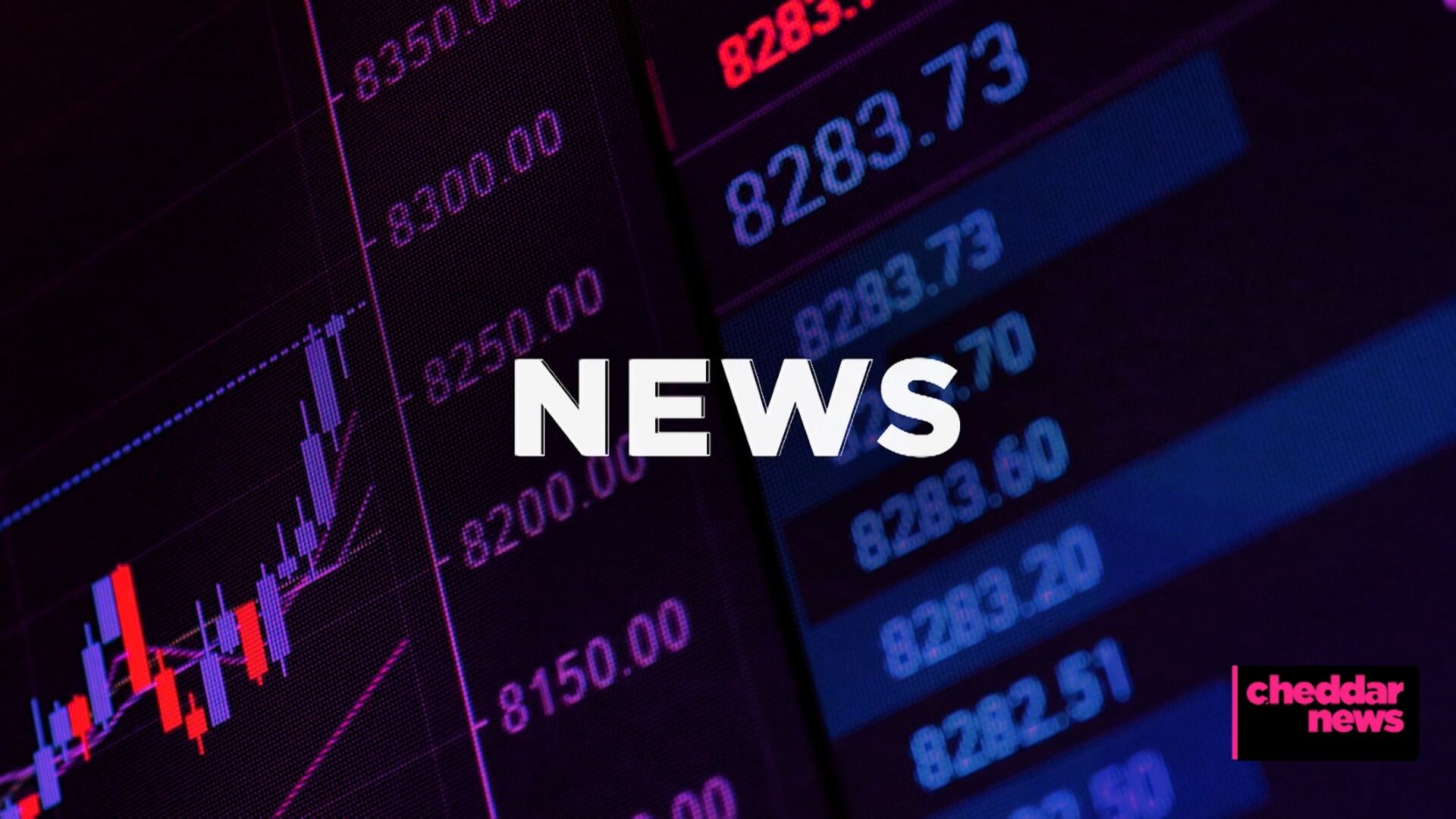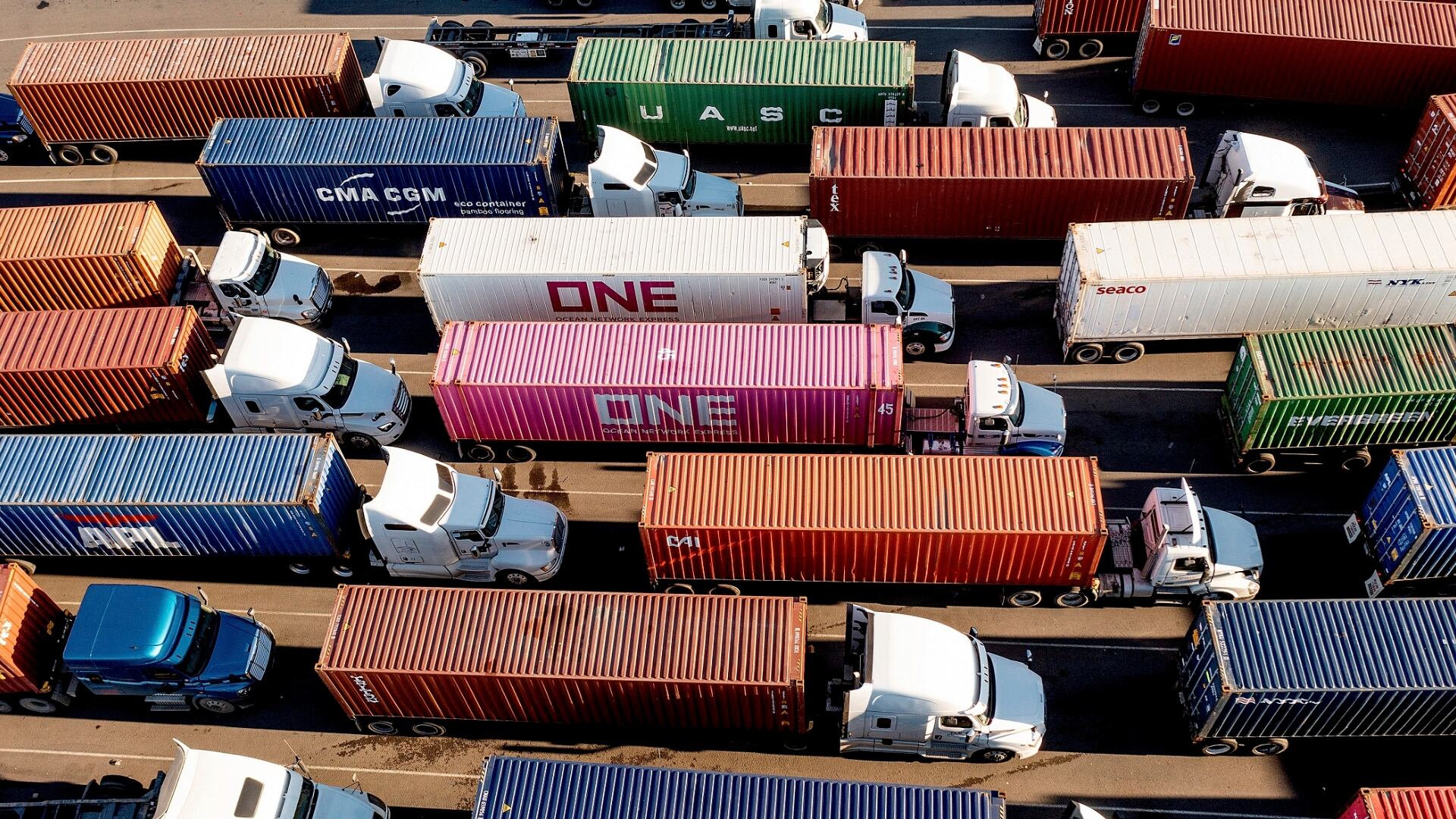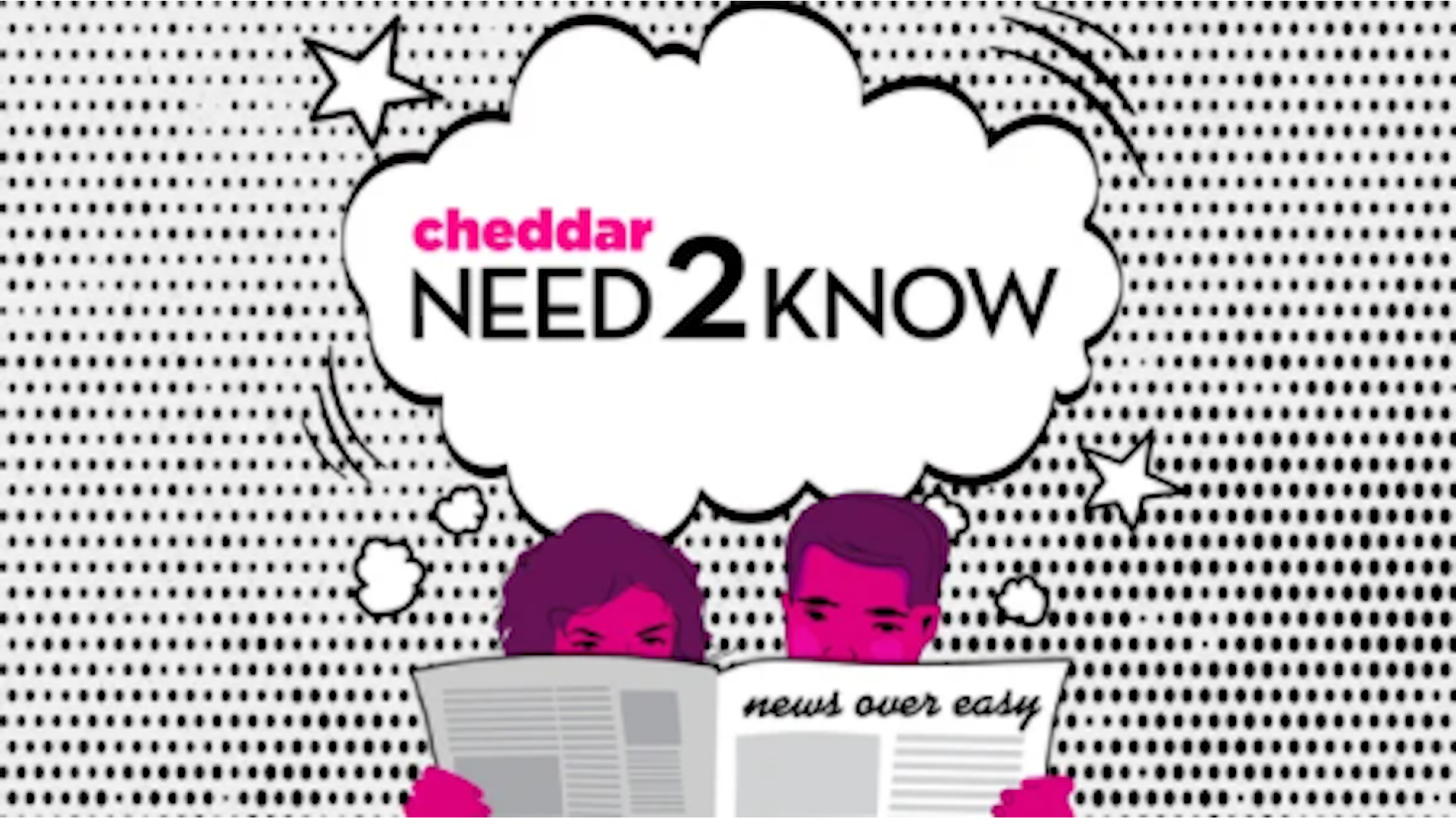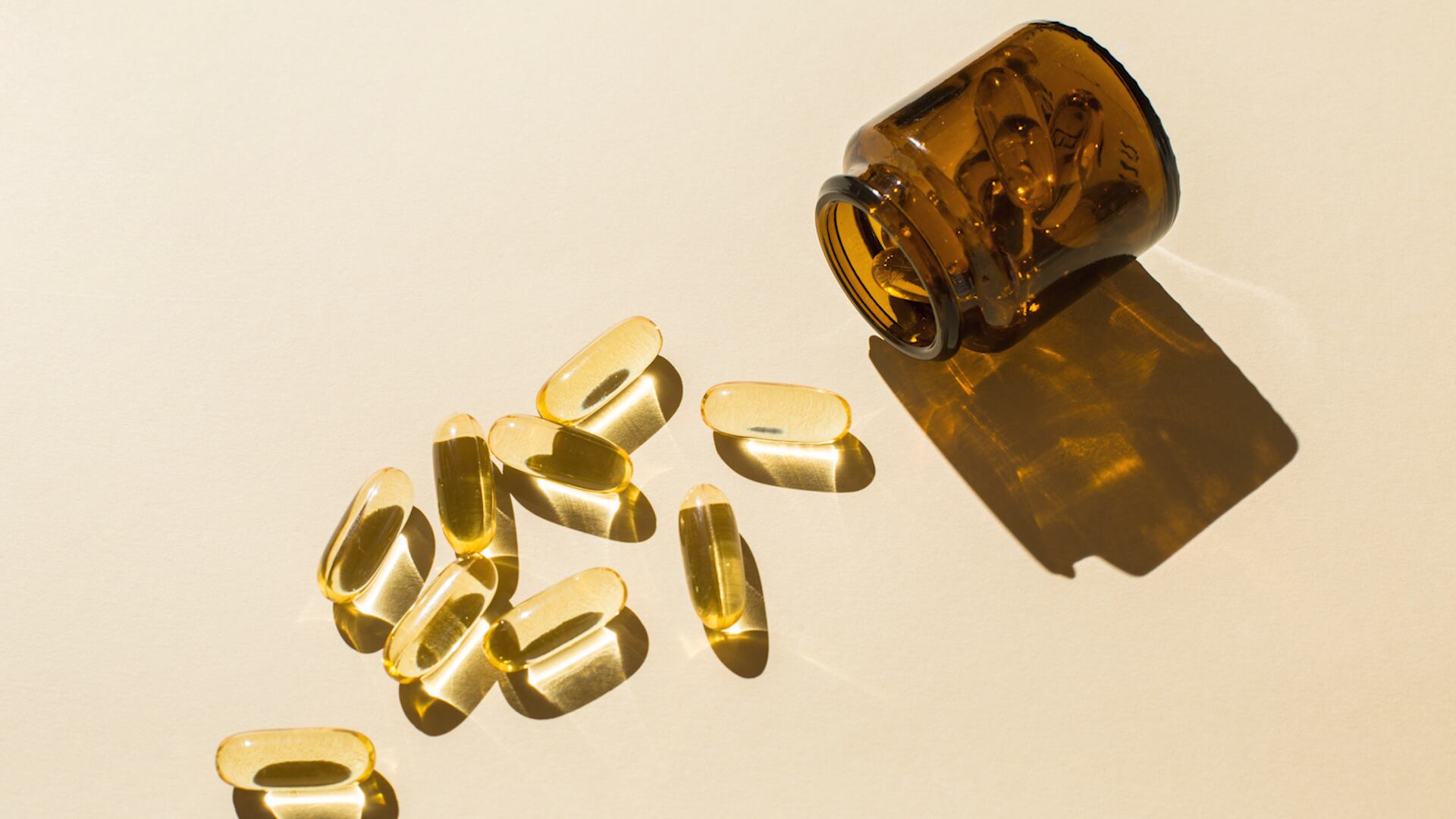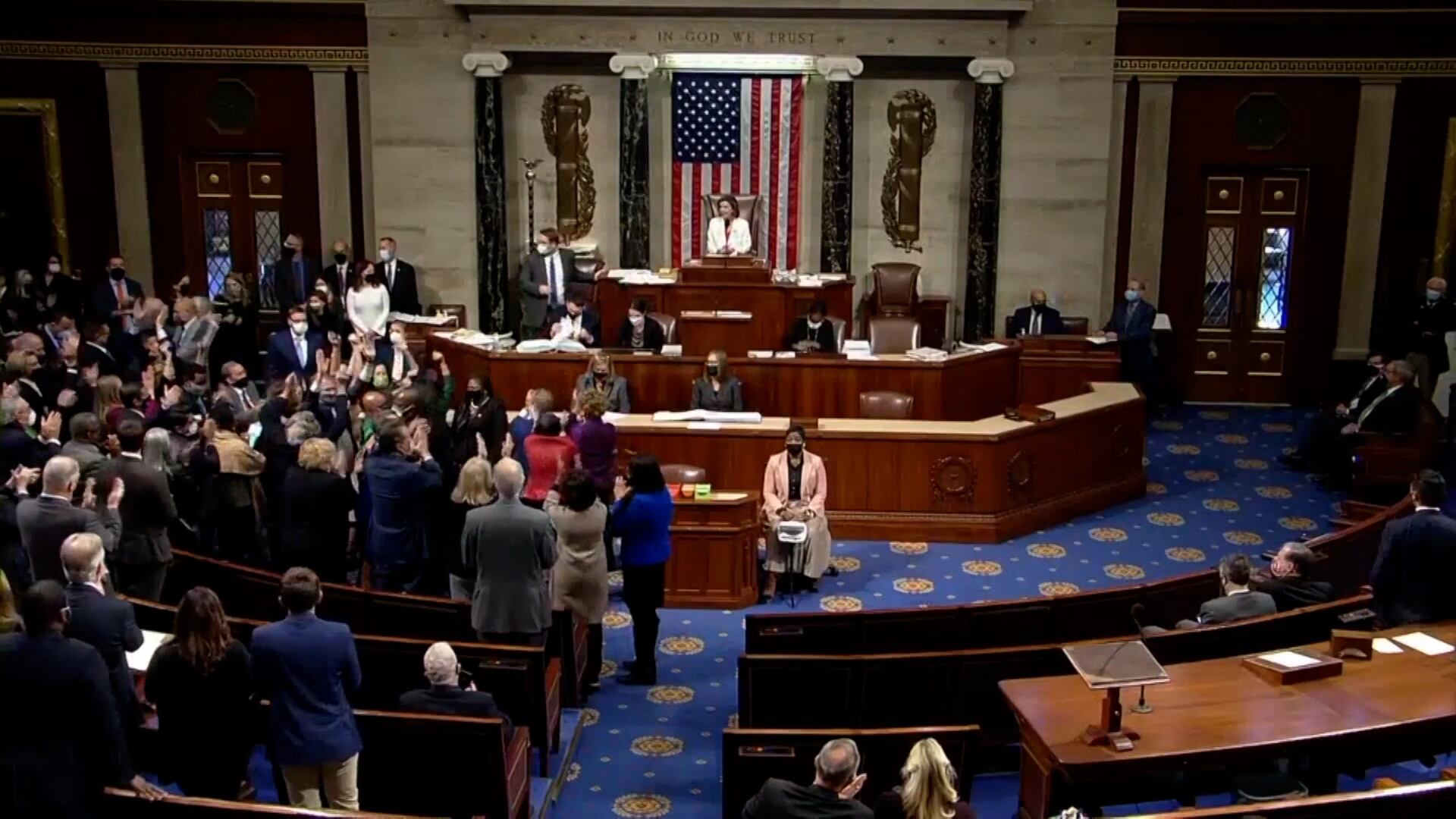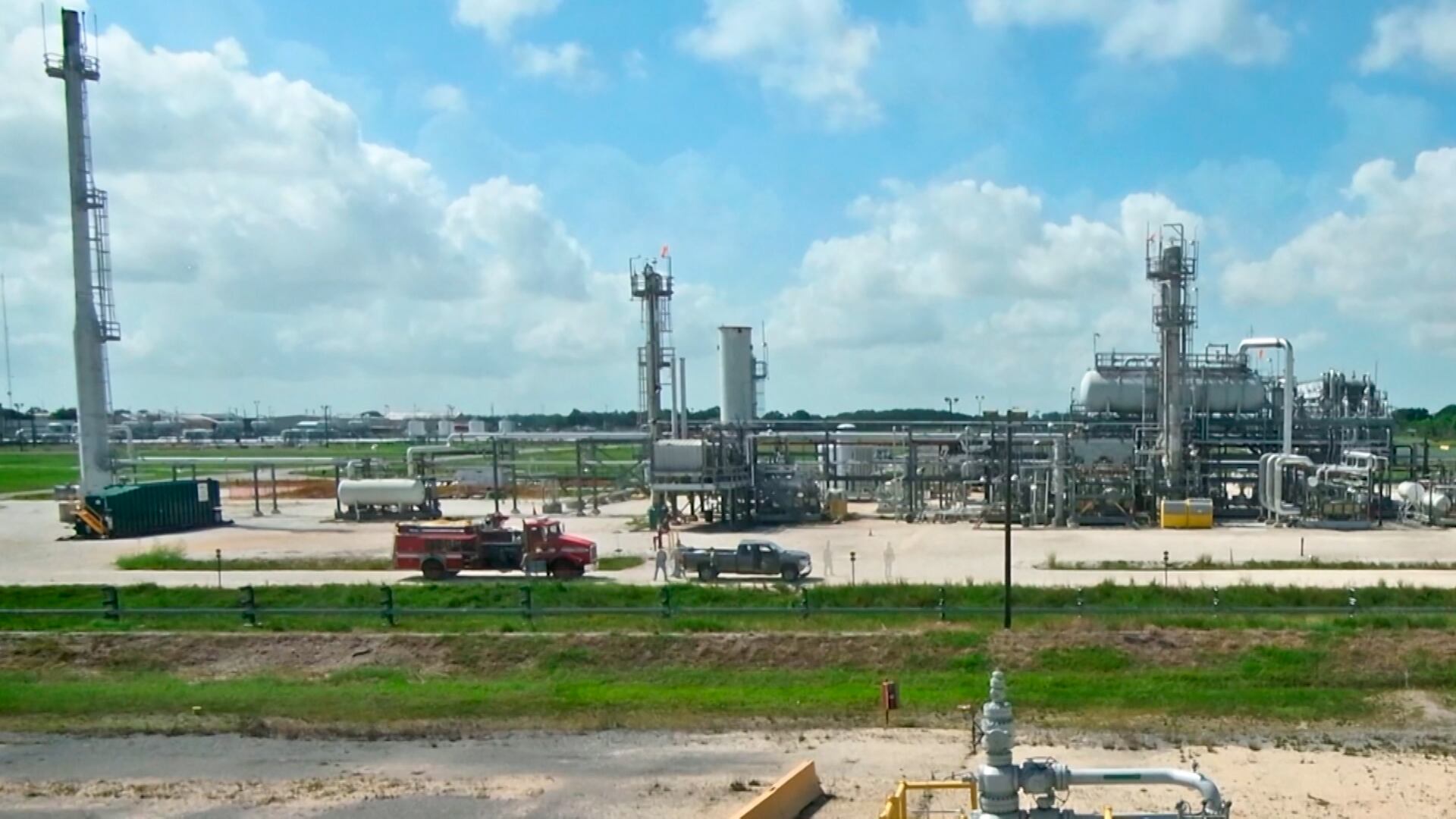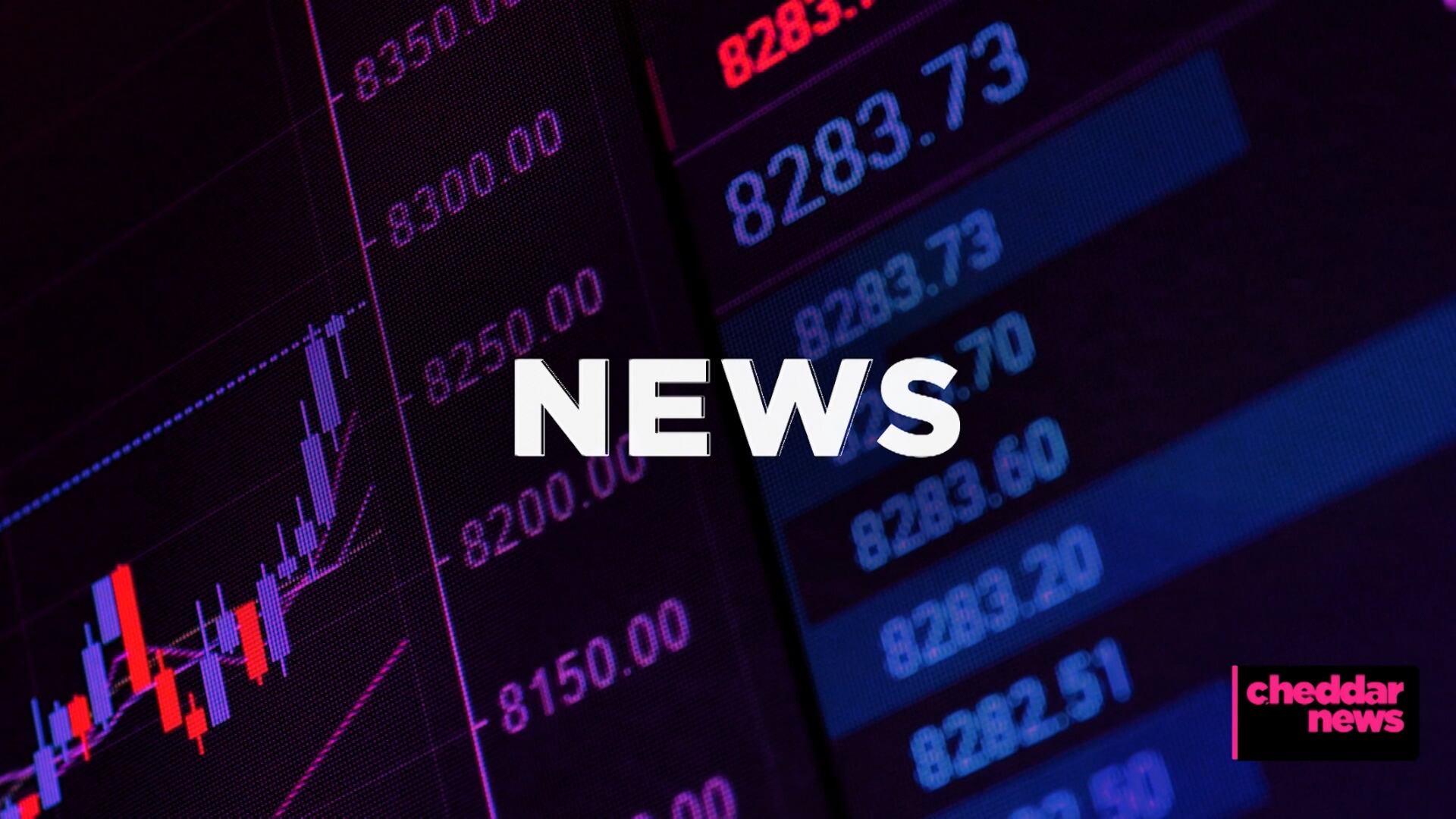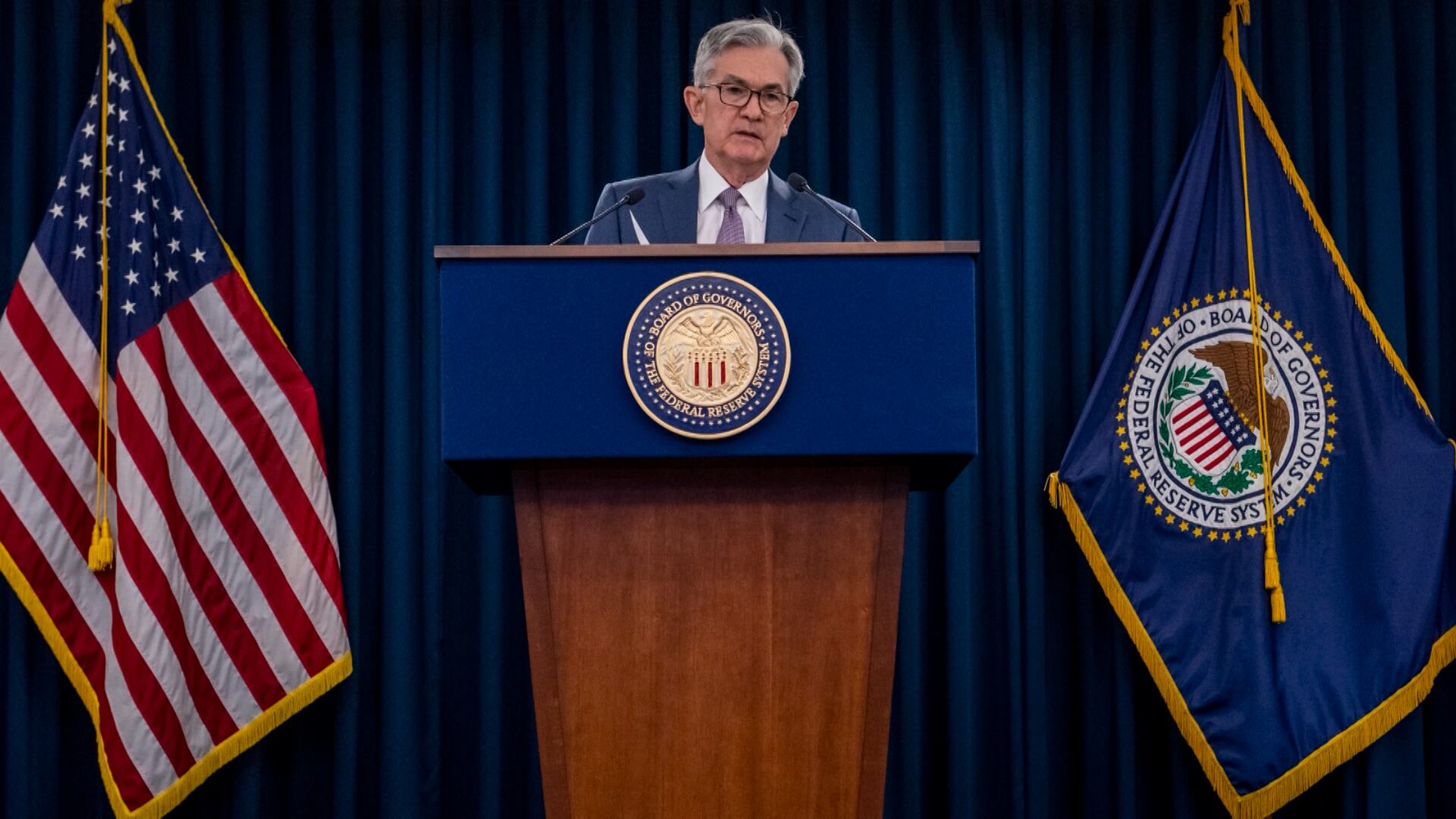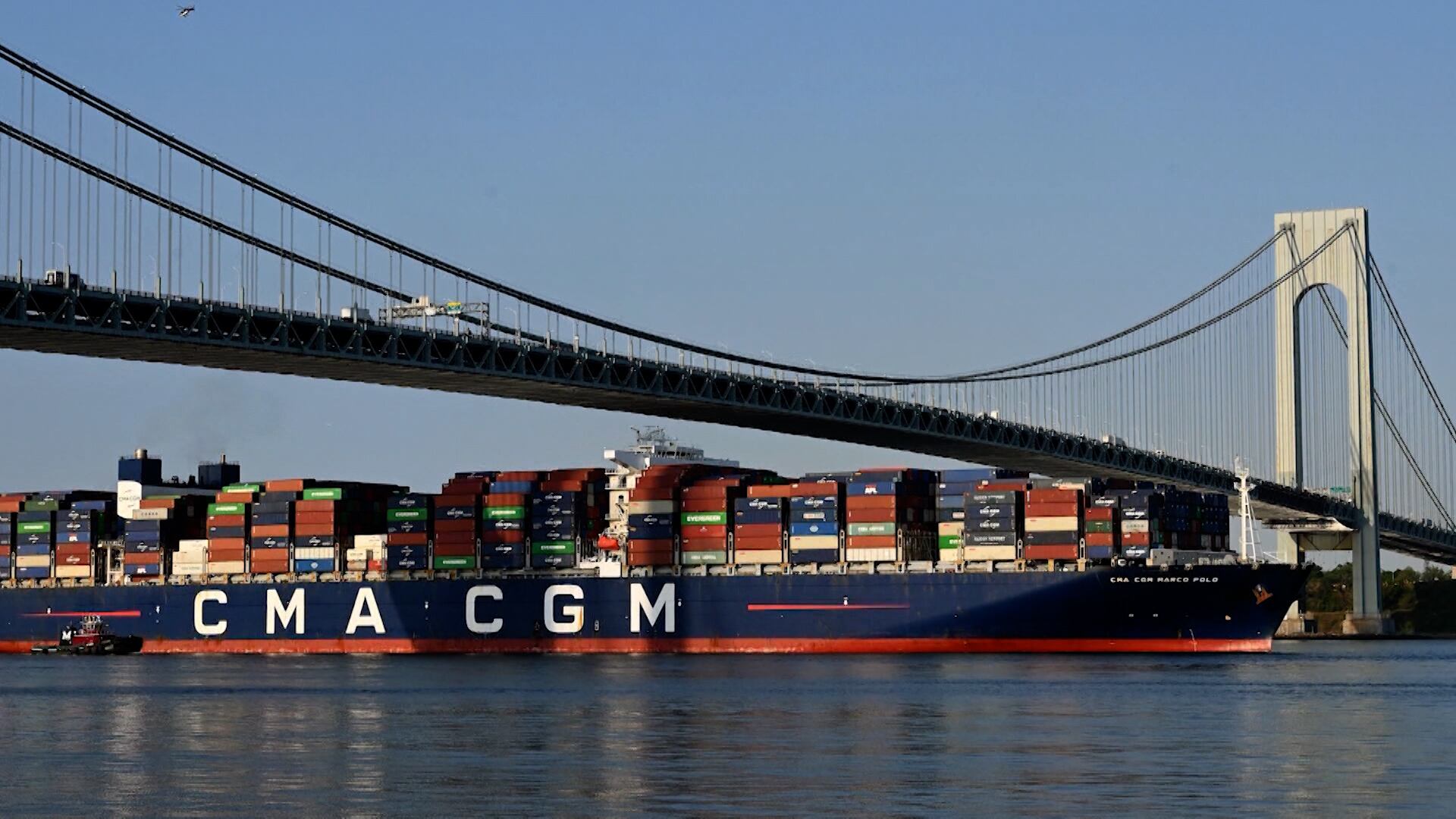*By Alisha Haridasani* President Donald Trump will head to Brussels this week where U.S. allies are bracing themselves for what could be an unpredictable NATO summit. Member countries are worried that Trump will spurn them and threaten to unravel the organization, their fears stemming from the G7 meeting last month. Trump left that meeting without signing the joint statement from the seven nations and antagonizing important U.S. allies, including Canadian Prime Minister Justin Trudeau. But his trip to Brussels may end up being less controversial, said Dan Michaels, the Wall Street Journal Brussels bureau chief. Trump has described NATO as “obsolete” on the campaign trail and, since taking office, has pressured the alliance to rebalance the amount of money that member nations pay. “The United States is spending far more on NATO than any other country,” the president tweeted on Monday, a day before the summit's kick-off. “This is unfair, nor is is acceptable.” NATO members are all expected to contribute to defense spending, with an official target of 2 percent of their GDP. However, many members pitch in far less than that figure, while the U.S. puts in more than 3 percent of its GDP. The organization has in recent years been cleaning up in its act, a strategy that the group will likely tout at the summit to appease Trump. Eight members are expected to hit the 2 percent spending target by the end of this year, and the organization has steadily increased the number of deployable troops, according to Michaels’ [reporting](https://www.wsj.com/articles/nato-under-fire-from-trump-to-trumpet-its-heightened-readiness-1530890798). And despite Trump’s outward rhetoric, the U.S. contribution hasn’t gone down, suggesting that nervousness around the summit may be overplayed, said Michaels. “The U.S. continues to be, by far, the biggest participant in NATO,” he said, adding that the Pentagon has, in fact, “significantly increased defense spending in Europe.” Additionally, the communique that emerges from NATO is more detailed than the broad statement that came out of the G7, which increases the likelihood that Trump will sign off on it, said Michaels. “A NATO communique is a much more technical document,” he said. “It’s not, sort of, a policy statement or, as one person described it, a press release. It’s very nuts and bolts.” Another point of concern for NATO allies is Trump’s planned meeting with Russian President Putin immediately after the summit in Brussels, drawing parallels with Trump’s post-G7 meeting with North Korean leader Kim Jong-un. NATO, which was founded soon after World War II to counter the influence of the Soviet Union, officially suspended all cooperation with Russia after Putin seized Crimea in 2014. But, given a general wariness towards Russia among American voters and Congressional lawmakers, Trump is unlikely to concede too much to Putin, said Michaels. “Continuing the U.S. role in countering Russia, I think, remains something that most Americans support…[ They ] feel it is important for the United States to have a robust presence in Europe militarily.” For the full segment, [click here.](https://cheddar.com/videos/will-nato-survive-trump)
